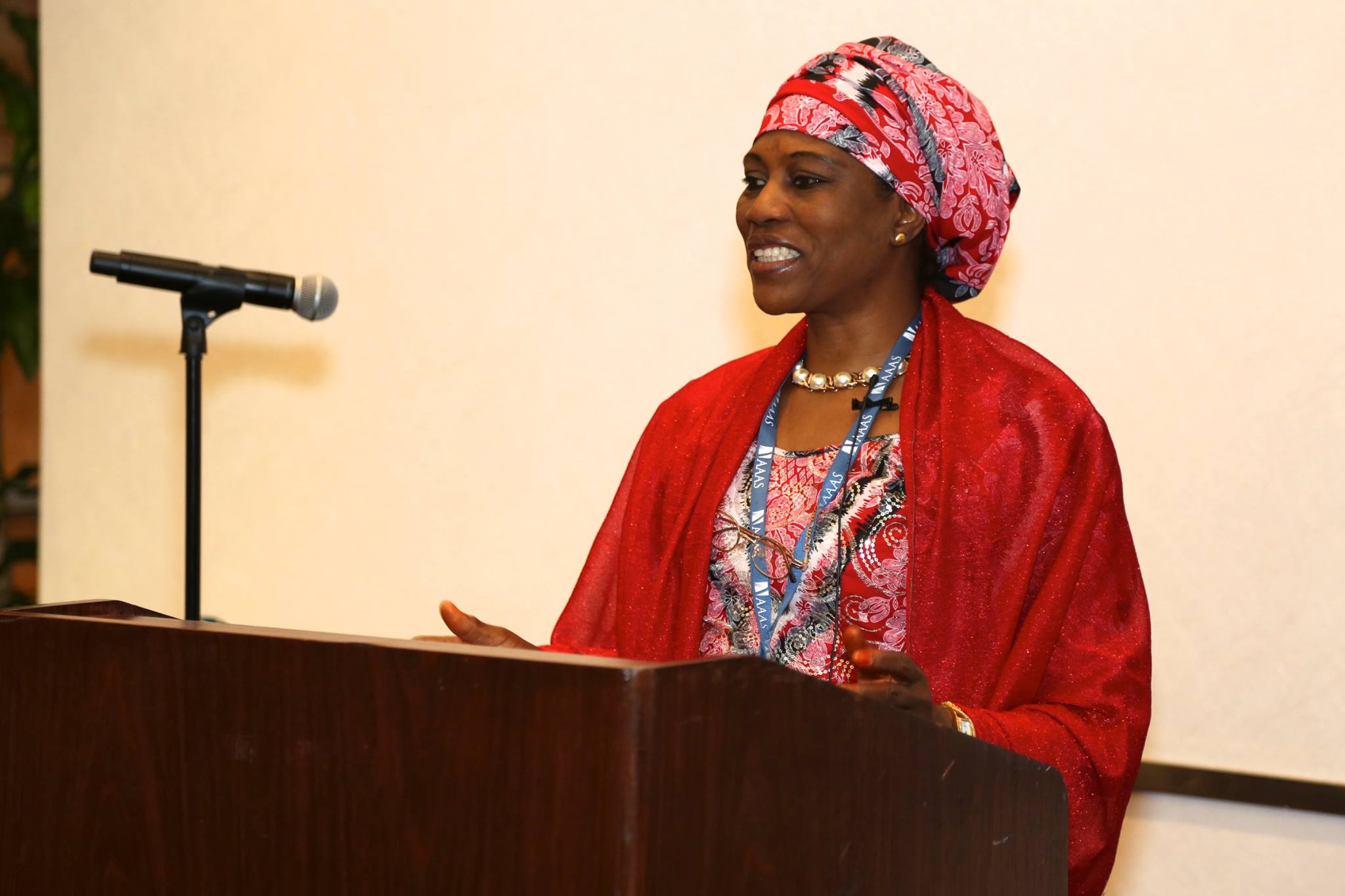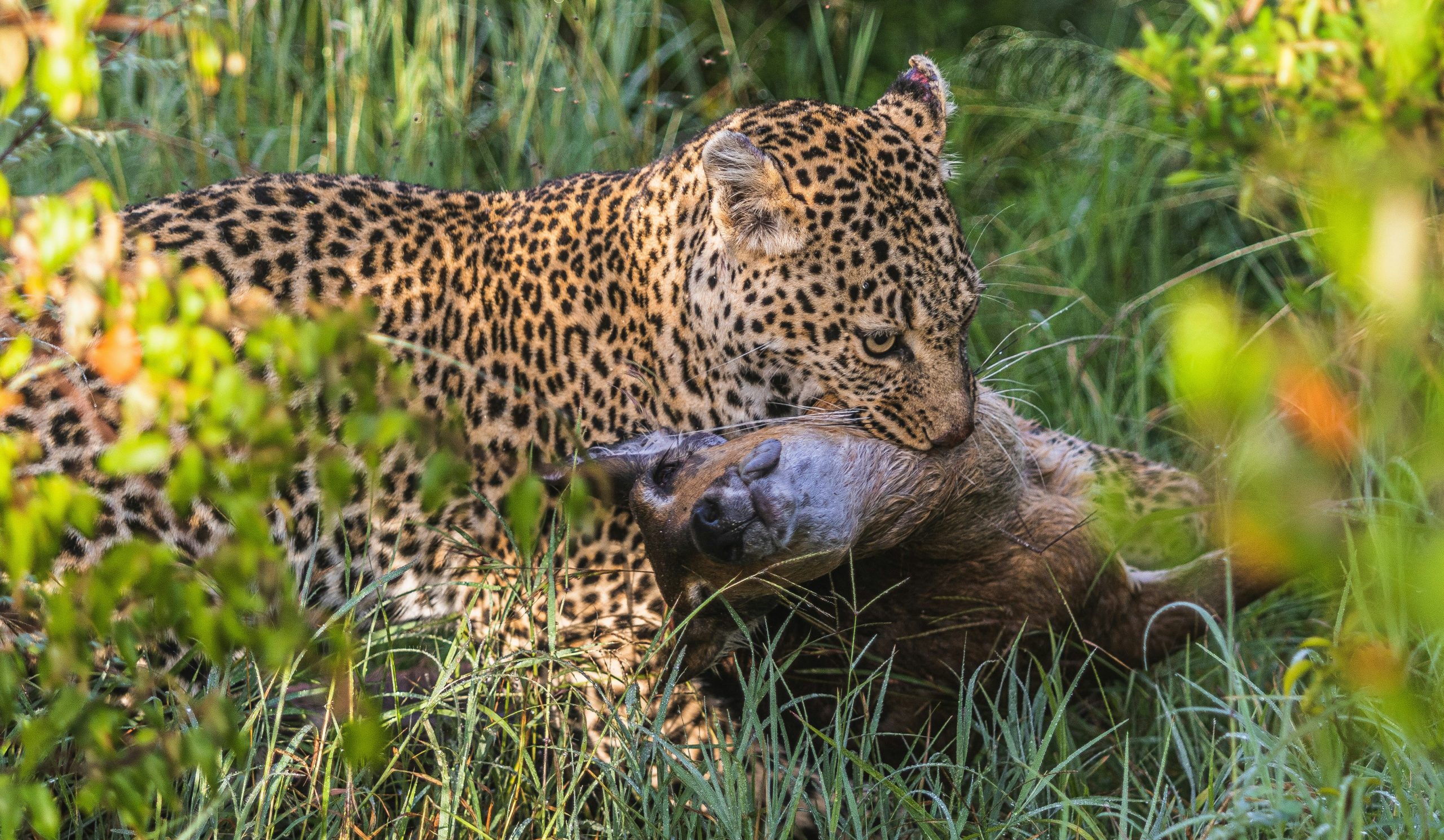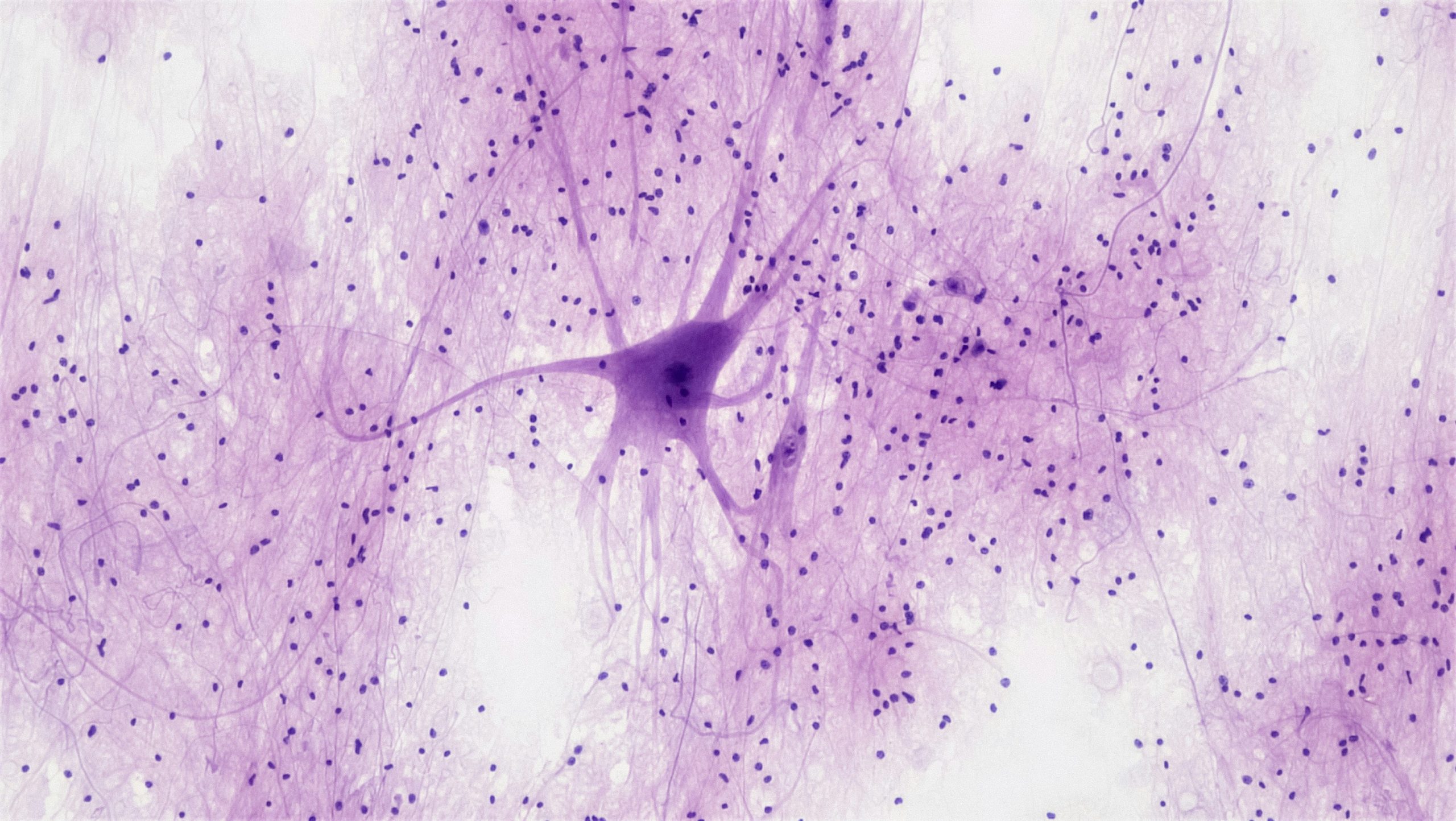Eleanor Baird, Year 12, Bablake School, Warwickshire
Imagine attempting to conduct research with a 4-hour time bomb counting down in your subconscious each day. For Rabia Salihu Sa’id, a Nigerian physicist and professor of atmospheric and space-weather physics, this is a reality. Bayero University in Nigeria, where Sa’id does her research, provides her with just four hours of electricity and thus only four hours per day to conduct her studies. “Think! You are concentrating, and the power goes off!” she said, in an interview with the National Public Radio. “The ideas are gone by the time you come back. It’s difficult —you have to start all over again.”
Despite facing great adversity and limitations on a daily basis, Sa’id has established herself as an inspiration to young women and scientists everywhere. Rabia Sa’id was born in Wangara in Northern Nigeria, where girls have few educational opportunities and women are expected to stay at home. However, her father wanted her to become a doctor. Sa’id attended Army school, graduating top of her class. She chose to marry when she was 18, once she left school, and is now a mother of six. Two of her children require medical care, which added to her personal challenge to obtain higher education degrees. She began her academic studies at the age of 29 with four children, having to sell dowry jewellery and run a nursery to pay for university. She is now a role model for young Nigerian female scientists and is treated like a celebrity when she visits girls’ schools in the North.
Sa’id holds B.Sc., M.Sc. and Ph.D. degrees in physics from Bayero University, and commenced work there as a Graduate Assistant in September 1999. In 2002, on the International Fellowships Program (IFP) of the Ford Foundation, she studied for an MSc degree in Environment and Development from the University of Reading.
She is now a professor at Bayero University and, by 2015, became Deputy Dean at the Student Affairs Division of the university. She received a research post there, where she conducts research in atmospheric and space-weather physics, particle physics, and electronics. Her research is conducted to solve Nigerian environmental challenges. For example, to reduce the number of trees cut down for firewood, one study involved the use of scraps of wood from carpentry projects for briquettes that could be used as a fuel, thereby reducing the rate at which the country’s forests are diminished. She also gathers atmospheric data and studies the effects of deforestation and dust aerosols on climate temperatures. Her goal is to encourage greater reliance in Nigeria on renewable energy sources—like wind power, solar energy, and hydropower—that are less harmful to the environment than fossil fuels.
In addition, Sa’id is an advocate and mentor for young women in science and is active in science, technology, engineering, and mathematics (STEM) outreach. She co-founded Nigeria’s Association of Women Physicists in 2011, which encourages women to become physicists, seeks to improve physics education in schools, and gives prizes to young women. Sa’id also encourages the participation of young people by mentoring them in local and national science projects, and volunteers for the Peace Corps, Nigeria Alumni Foundation and Visiola Foundation. She says she is active in STEM outreach because there is pressure and obstacles that girls, particularly in northern Nigeria, must overcome to pursue degrees and careers in these fields. In addition, “more girls in science will mean that the solutions that science provides are not just tailored to the needs of a single gender.”
Sai’d has received fellowships from the Institute of Applied Physics in Bern and the Ford Foundation and was made a fellow in physics of the African Scientific Institute. In 2015 she received an Elsevier Foundation Award for Women Scientists in the Developing World in the field of atmospheric physics for her work on Nigerian environmental challenges. She was one of nine people honoured as “women advocates and champions” in Nigeria in March 2015 as part of International Women’s Day by the British Council. She was also recognised by the BBC as part of their 100 Women series in 2015. These awards are a testament to her inspirational character and her great scientific contributions, which we can all aspire to.
Runner-up for the Schools Science Writing Competition, Michaelmas Term, 2020
Image credit: elsevierfoundation.org





